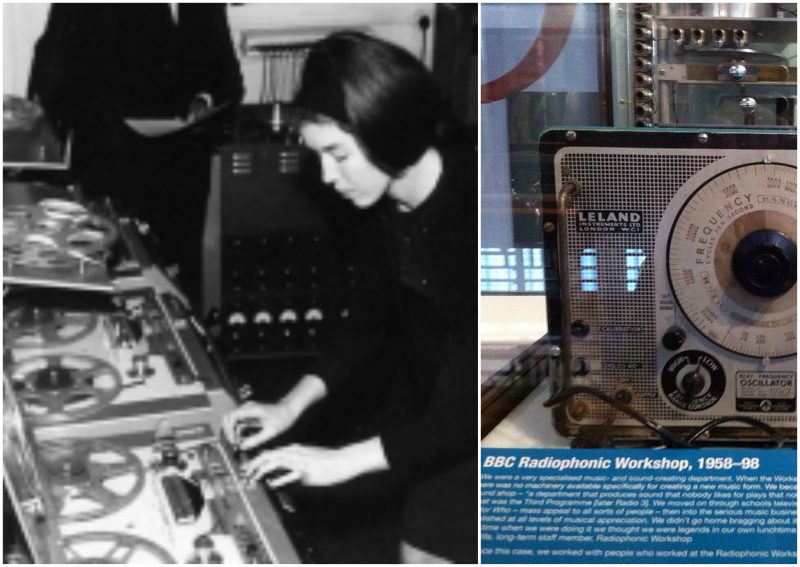The staff of the BBC Radiophonic Workshop were skeptical when they saw the tall, auburn-haired, timid young lady willing to work at the radio workshop. The job needed careful planning, an impeccable hearing, and sheer determination.
They were quickly convinced by her intellect and resourcefulness in the studio, but they were oblivious to the fact that she would go on to create not only background noises for radio shows but to, in fact, pave the way for the music of the future.
She had a penchant for creating unearthly sounds and atmosphere at a young age, producing various electronic sounds to modify them according to the feel and ambiance of the shows. The underrated Delia Derbyshire is best known for her ethereal work on Ron Grainer’s theme from the famous TV show, “Doctor Who”.
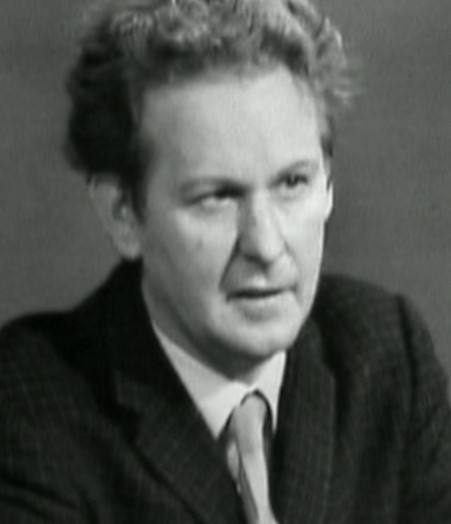
Born on May 5, 1937, in Coventry, England, Delia Ann Derbyshire’s parents noticed that their daughter was incredibly gifted and intelligent, managing to teach her school friends how to read and write during classes. The family moved after the WWII Coventry Raids to Lancashire, where Derbyshire attended school.
After attending Barr’s Hill Grammar School, the young Derbyshire was accepted into Oxford and Cambridge, in which she chose the latter, as she was awarded a math scholarship at Girton College. She graduated with a math and music degree from Cambridge in 1959 and also gained an LRAM diploma from the Royal Academy of Music.
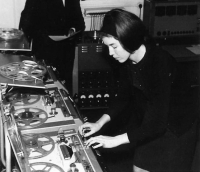
After being rejected by Decca Records because she was a woman, Delia began working for the UN in Geneva in 1959, teaching the children of well-respected diplomats math and music.
After that, she famously joined BBC Radio as an intern studio manager and later on, the BBC Radiophonic Workshop, where Delia would show off her audio prowess until 1973.
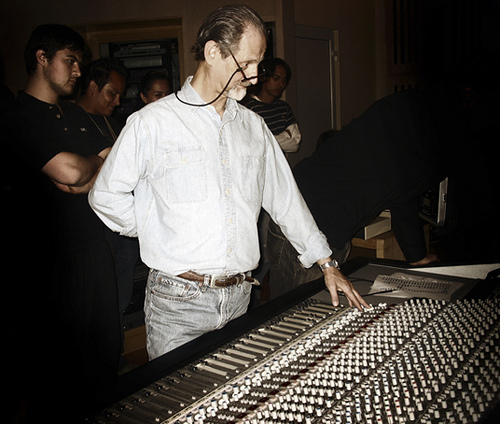
The BBC were also doubtful of her abilities due to the fact that Delia was a woman, but for her sheer enthusiasm she received a “temporary attachment” status of employment and held it for years, granted by Desmond Briscoe, the senior studio manager. She worked with other critics on “Record Review”.
The staff was very impressed with her knowledge and the fact that she could recognize and precisely pinpoint the location of an instrument on an audio recording. Showing great talent, she stood as an example of professionalism and genius among her peers and co-workers.
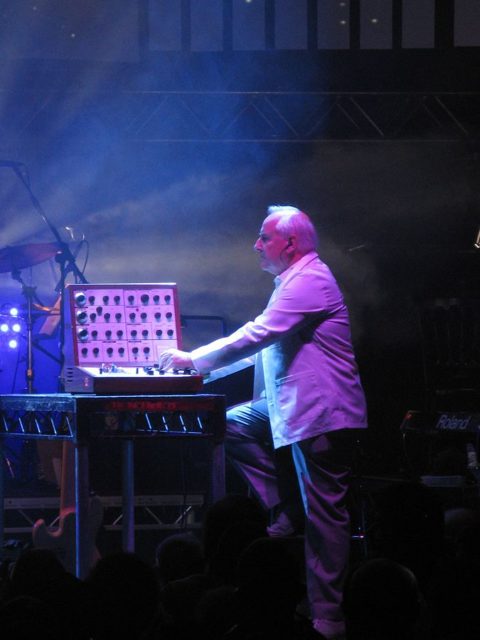
Her advanced understanding of mathematics and her natural tendency for analytical experimenting helped her in perfecting her very own electronic sound. She paid close attention to every little detail in the recordings, once stating “I suppose, in a way, I was experimenting in psycho-acoustics.”
Derbyshire’s career landmark was, of course, her electronic rendition of Ron Grainer’s “Doctor Who” theme. “Did I really write this?”, an amazed Grainer inquired after first hearing her version of his most famous melody, with Derbyshire answering the question, “Most of it.”
She managed to create one of the most prolific TV theme songs on the planet in just a couple of months. It was quickly chosen for the official TV series theme and it is thought to have been one of the first electronic themes to have been used on TV, conveniently paired with the sci-fi genre of the show.
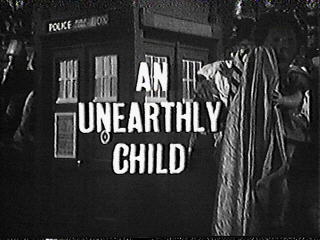
Every sound effect Delia used (wind clouds, bubbles, swoops), was created from scratch, without the use of synths or samplers, using only concrete sources of audio like sine and square wave oscillators and tape recorders.
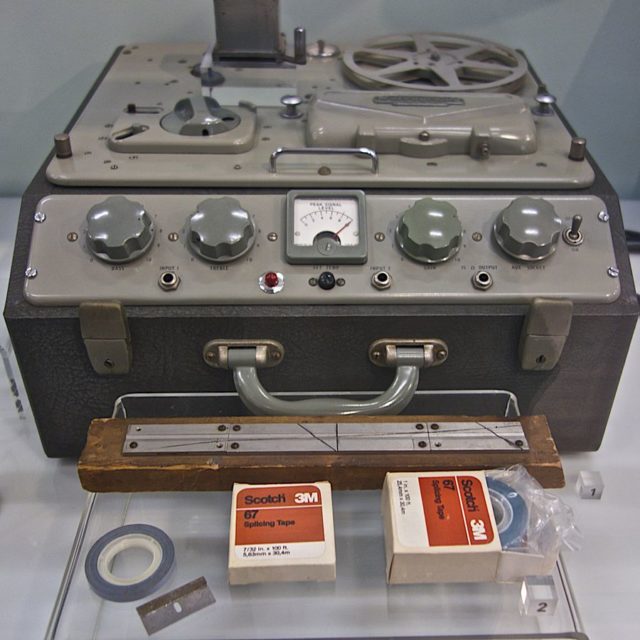
Grainer himself stated that Derbyshire should be credited with half the royalties for co-writing the song, but this conflicted with the BBC’s policies. She was only credited as ‘special sound by BBC Radiophonic Workshop.’
The BBC Radiophonic Workshop was a regular visiting place for popular musicians such as Brian Jones (a member of the Rolling Stones), whom Delia delighted with her vast knowledge of Audio manipulation and also with her friendly humor and charm.

She was not at all starstruck or phased by famous musicians like Paul McCartney, George Martin, or the members of Pink Floyd who frequently visited the workshop, but gave them advice and showed true professionalism while maintaining a friendly demeanor.
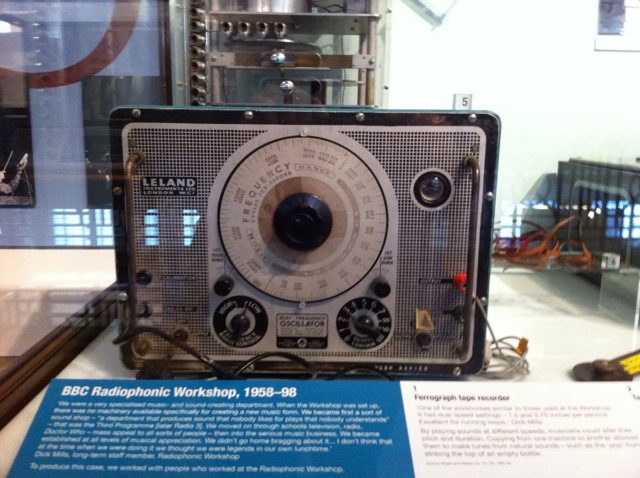
Delia Derbyshire’s sounds were also used in an array of radio programs, shows, dramas, documentaries, as well as educational broadcasts in which her inventive music fitted perfectly with the programs, in contrast to the regular orchestral scores and effects. One of the more popular radio segments was “The Dreams” in 1964.
In a collaboration with Barry Bermange on audio collages, segments of various people describing their dreams about falling and vivid landscapes were followed by Delia’s ghostly sounds. Delia was also challenged to make a TV theme using only animal sounds. The end result was “Great Zoos of the World”, an educational TV show.
Derbyshire also attended film and avant-garde happenings and events. On one occasion in 1966, she formed “Unit Delta Plus”, “Electrophon” and “Kaleidophon”, music studios where she would promote and popularize electronic music, conducting the first pioneering foundations for the rise of electronic music. After 11 years in the BBC and almost 200 radio programs, Delia got tired of the long, frustrating hours, stating “I think I must have reverse adrenalin. As the deadline gets closer most people speed up – I just get slower.”
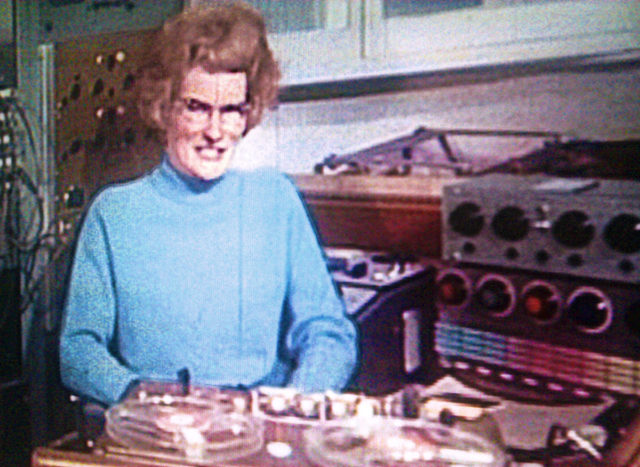
Throughout the 70s she worked odd jobs as a radio operator, in an art gallery, and in a bookshop. She quickly got bored of that too and went back to music, after seeing that there were many fans who embraced the emergence of electronic music as a wholly new genre. Her music influenced a lot of artists and is often attributed by famous musicians like The Chemical Brothers and Aphex Twin. She met Clive Blackburn, her husband in 1980, with whom she would finally settle down.
Delia Derbyshire passed away on July 3rd, 2001, in Northampton, England, from kidney failure. Remembered as one of the leading figures in the creation of the electronic genre that is popular today, her work was a powerful combination of mathematical accuracy and an impeccable sense of mood and atmosphere.
